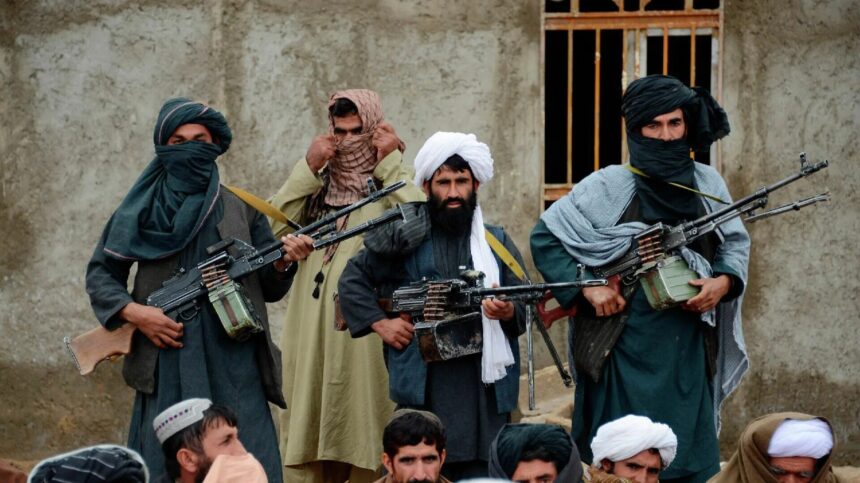RASC News Agency: In a recent report on Afghanistan, the American newspaper The Washington Post highlights that the perception of life under Taliban rule among Afghan women differs sharply from that of outsiders. The article recounts the story of Qudsia, a 53-year-old Afghanistani woman, who described how the Taliban’s morality police prevented her and her family from visiting Band-e-Karkh. Qudsia told The Washington Post: “Since the day I was born, there has never been a darker time in this country.”
While some women who return to Afghanistan to visit their families quickly realize the grim realities under Taliban rule, many foreign women, influenced by ethnic loyalties and tribal or linguistic biases, initially overlook the Taliban’s atrocities. However, they soon come to understand the full extent of the brutality hidden beneath the surface of Afghanistan cities. Behishtah, a 23-year-old woman, shared her experience with the newspaper: when her aunt visited Kabul, she was initially happy. But her mood quickly changed when the Taliban stopped her at a checkpoint for not properly covering her hair. Behishtah recalled: “After that incident, she immediately booked a flight to leave Afghanistan as soon as possible.”
The report notes that while some women are horrified and disillusioned by their return to Afghanistan, feeling hopeless about the country’s future, others maintain that this is simply the harsh reality of Afghanistan and that the Taliban should be supported until they reform. However, when asked why they support or are optimistic about the Taliban, their immediate response reveals ethnic loyalty: they are Pashtuns, and for them, this is their country. This highlights how ethnic prejudice and tribalism can cause individuals to overlook the human rights abuses occurring under the Taliban regime.






